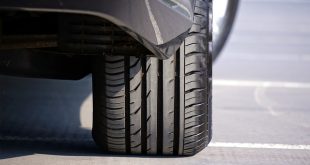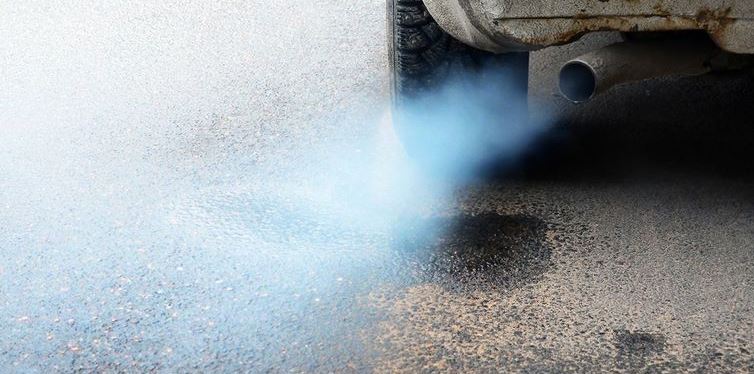Is you car’s air conditioner blowing warm air only or little cool air? This can be frustrating because you should expect more. The following are checks to find the cause of this:
1.) Compressor Checks
Start with the compressor. Does it engage when you turn on the A/C? If so, the compressor is working and the A/C system probably contains enough refrigerant to make cold air, so the problem is inside the HVAC (Heating, Ventilation and Air conditioning) unit.
2.) Refrigerant Checks
Connect an A/C pressure gauge to the HIGH SIDE service port (located in the high pressure hose that runs between the compressor and the condenser in the front of the engine compartment). The gauge will tell you if there is any pressure in the system.
3.) Check For Leaks
If your A/C system is low or out of refrigerant, check for leaks, seal the leaks and then have the A/C system vacuum purged to remove air. After the air is out, it can be recharged with the specified amount of refrigerant. It is important to get any air out as this will reduce cooling efficiency and may make the compressor noisy.
4.) A/C System Functional Checks
If the refrigeration circuit seems to be working (refrigerant in the system, compressor running and building pressure), but there is still no cooling, the problem might be an obstruction in the orifice tube (located in the high pressure hose between the condenser in the front of the radiator, and the evaporator located in the passenger compartment). A blockage here will prevent the refrigerant from entering the evaporator or recirculating through the refrigeration circuit.
5.) A/C Gauge Readings
To determine the HIGH SIDE and LOW SIDE pressures inside your vehicle’s air conditioning system, you need an A/C Gauge Set. The Gauge Set must be connected to the A/C service ports on vehicle to read the pressures while the system is running. A good high pressure readings should range from 150 to 220 PSI at 80 degrees F, 170 to 250 PSI at 90 degrees F, and 195 to 280 PSI at 100 degrees F.
You can find a good A/C technician HERE if you need a professional check up.
 Spot Dem Everything About Cars
Spot Dem Everything About Cars




